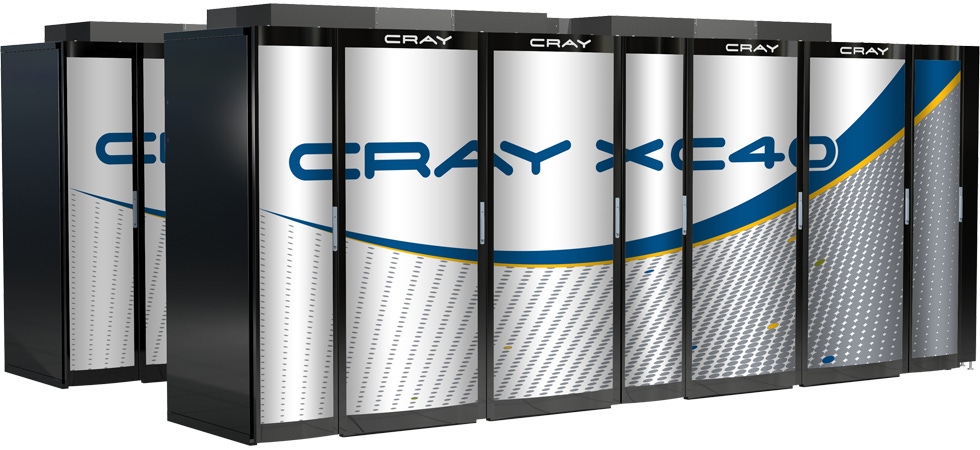Microsoft to Sell Supercomputer Muscle as a Cloud ServiceMicrosoft to Sell Supercomputer Muscle as a Cloud Service
HPC leader Cray will deploy custom systems for clients in Microsoft data centers, integrated with Azure services

Microsoft is going to offer access to Cray supercomputers installed in its data centers as a cloud service, the two companies announced today.
High-performance computing is transitioning from being firmly in the realm of science and some compute-heavy commercial uses like engineering simulations and oil exploration to a more widespread application by enterprises as they increasingly employ data analytics to make business decisions based on enormous amounts of data they now have access to and find ways to integrate AI capabilities into their technology infrastructure. By all accounts, enterprises are only starting to scratch the surface of the possibilities in big data analytics and AI, meaning their demand for the kind of supercomputing horsepower traditionally reserved for genome sequencing, weather-pattern analysis, or complex aerodynamics simulations for aircraft design will only grow.
As Microsoft and its rivals try to get more and more enterprise workloads into their cloud data centers, they’ve been steadily increasing the raw computing muscle their cloud services can provide. Those efforts have included deploying the latest and most powerful Intel CPUs to power cloud VMs as soon as Intel can make them, deploying and offering GPUs as a service, FPGAs (in Microsoft’s case), and custom chips designed specifically for AI workloads (in Google’s case).
Installing Cray supercomputers inside Microsoft’s data centers and offering access to them in the cloud, on the same network as Azure, is the latest of those efforts. The plan is to offer the horsepower of Cray XC and Cray CS supercomputers with attached Cray ClusterStor storage systems “for customer-specific provisioning in select Microsoft Azure data centers,” the announcement read.
“Customer-specific provisioning” appears to mean that Cray and Microsoft will deploy the systems for customers on a case-by-case basis, rather than having supercomputers online, ready to be used at a credit card swipe’s notice. According to Cray’s website, the company will customize fully managed systems for Azure clients.
The systems will be connected directly to the Azure network and integrate with other Azure services, such as virtual machines, Data Lake storage, the Microsoft AI platform, and Azure machine learning services.
About the Author
You May Also Like







